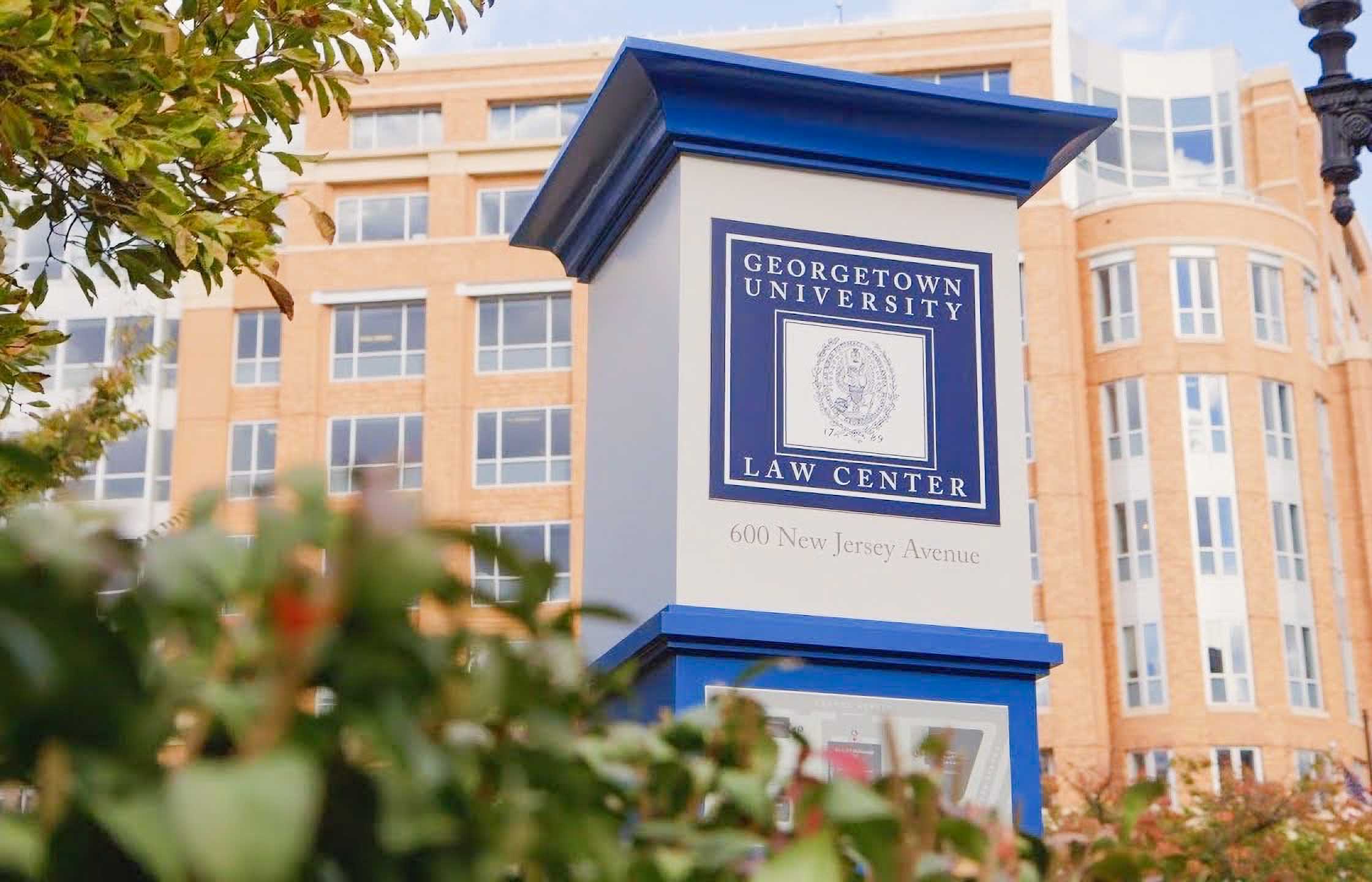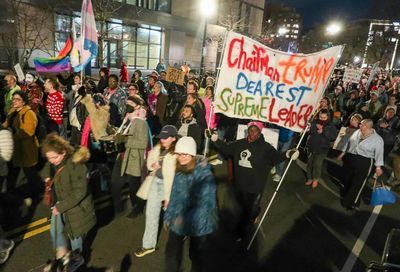Conversion Therapy on Minors Remains Legal in Tampa
Appeals court rules ordinance banning sexual orientation change efforts is unconstitutional, finds it violates therapists' free speech rights.

A federal appeals court has upheld a 2019 ruling striking down the city of Tampa’s ordinance banning conversion therapy on minors.
The ordinance, which passed in 2017, sought to protect children from being subjected to various forms of therapy that can potentially impose physical or emotional harm, ranging from more extreme techniques like aversion therapy — which can include forced vomiting or electroshock therapy — to less invasive techniques, like “talk therapy.”
Such therapies are typically undertaken by therapists — and agreed to by parents — based on the promise of “changing” a person’s sexual orientation or gender identity.
The law was quickly challenged by religious groups and therapists, represented by the right-wing legal firm Liberty Counsel, who claim that barring them from practicing conversion therapy violates their free speech rights.
A federal judge struck down the ban in 2019, arguing that the law could interfere with a patient’s right to privacy and parental rights to choose health care for their children.
At the same time, a federal judge in a separate case, involving similar prohibitions passed by the city of Boca Raton and Palm Beach County, upheld the South Florida bans.
Both cases were appealed to the 11th U.S. Circuit Court of Appeals, which ruled, in 2020, in a 2-1 ruling that “speech-based therapy” is not medical conduct, but “merely the expression of a viewpoint,” and ruled that the ordinances were unconstitutional.
The localities subsequently appealed the decision, asking for a rehearing of the case by the full 11th Circuit, which rejected the request last July. While the majority opinion did not explain its reasons for refusing to hear the case, three judges issued a concurring opinion declaring that the ordinances were “content-based restrictions of speech” rather than guardrails put in place to regulate the conduct of therapists and mental health professionals.
“The perspective enforced by these local policies is extremely popular in many communities,” wrote Circuit Judge Britt Grant, who authored the concurring opinion. “And the speech barred by these ordinances is rejected by many as wrong, and even dangerous. But the First Amendment applies even to — especially to — speech that is widely unpopular.”
Two other judges wrote a dissenting opinion arguing the case should have been reheard, with Judge Robin Rosenbaum arguing that the appeals court’s finding was flawed, and compromised the state’s ability to regulate mental health professionals, who would be allowed to “practice substandard care and inflict serious harm and even death on their clients without even a reprimand.”
“Contrary to the panel opinion, the government’s ability to regulate licensed substandard healthcare providers does not change just because the vehicle for administering the treatment technique happens to be words,” she wrote at the time.
That ruling prompted the localities to repeal the bans, even while expressing disagreement with the appeals court’s finding.
The appeals court subsequently heard the challenge of the Tampa ruling.
Last week, a three-judge panel of the appellate court decided, unanimously, that the court was bound by precedent from the Boca Raton and Palm Beach case. As such, Tampa’s ordinance will remain blocked as well.
Rosenbaum, who was part of that panel, wrote that while she agreed with the decision to affirm, she still believed that the case involving the South Florida bans was wrongly decided, pointing to her dissenting opinion from last year.
Additionally, other advocates of conversion therapy bans have argued that the judge in the Tampa case, U.S. District Judge William Jung either misinterpreted or deliberately misrepresented the findings of a 2009 American Psychological Association Task Force report declaring that “no study to date has demonstrated adequate scientific rigor to provide a clear picture of the prevalence or frequency of either beneficial or harmful SOCE [sexual orientation change efforts] outcomes,” reports Tampa CBS affiliate WTSP.
Critics say that the takeaway from that report is that there has been no evidence proving that conversion therapy methods are effective or accomplish what they claim to achieve: a “change” in a person’s sexual orientation.
They also note that the report recommends that mental health professionals not attempt to change patients’ sexual orientation but work with them on how to cope with and accept their sexual orientation — even if they never act on it.
Liberty Counsel celebrated the appeals court’s ruling, which was effectively a fete accompli given the outcome of the South Florida case, as a victory for therapist’s “free speech” rights.
“This is a great victory for counselors and their clients. Counselors and clients have the freedom to choose the counsel of their choice and be free of political censorship from government-mandated speech,” Liberty Counsel Mat Staver said in a statement.
Support Metro Weekly’s Journalism
These are challenging times for news organizations. And yet it’s crucial we stay active and provide vital resources and information to both our local readers and the world. So won’t you please take a moment and consider supporting Metro Weekly with a membership? For as little as $5 a month, you can help ensure Metro Weekly magazine and MetroWeekly.com remain free, viable resources as we provide the best, most diverse, culturally-resonant LGBTQ coverage in both the D.C. region and around the world. Memberships come with exclusive perks and discounts, your own personal digital delivery of each week’s magazine (and an archive), access to our Member's Lounge when it launches this fall, and exclusive members-only items like Metro Weekly Membership Mugs and Tote Bags! Check out all our membership levels here and please join us today!























You must be logged in to post a comment.